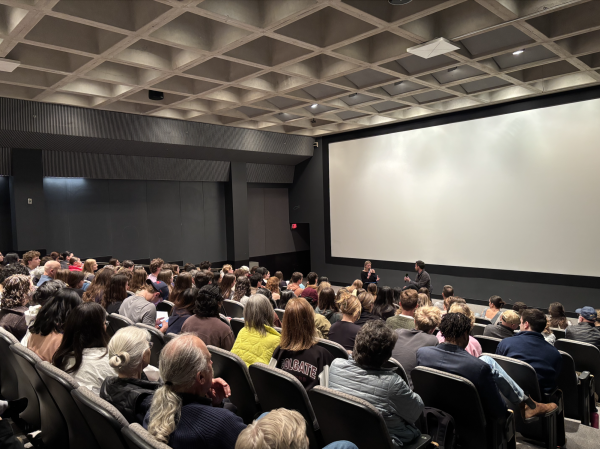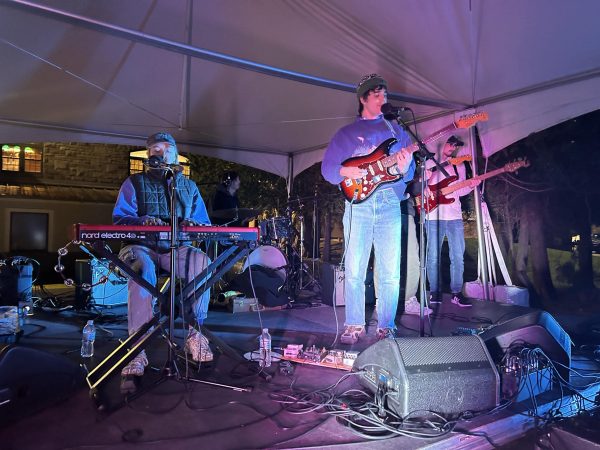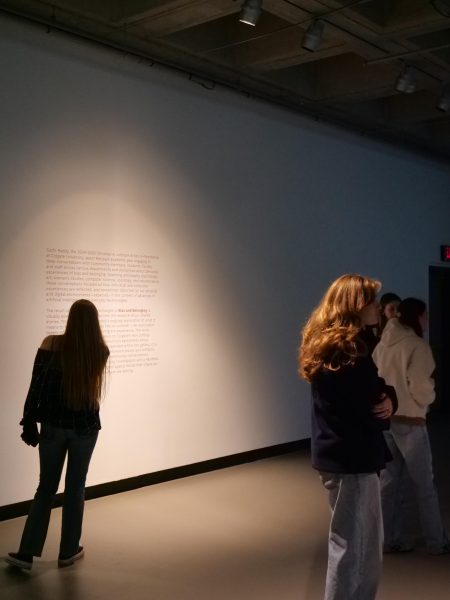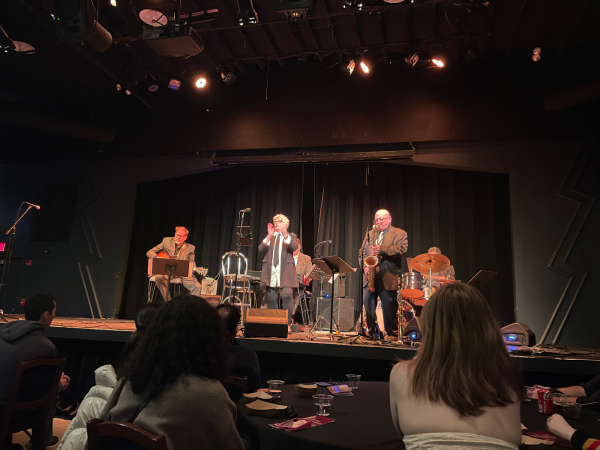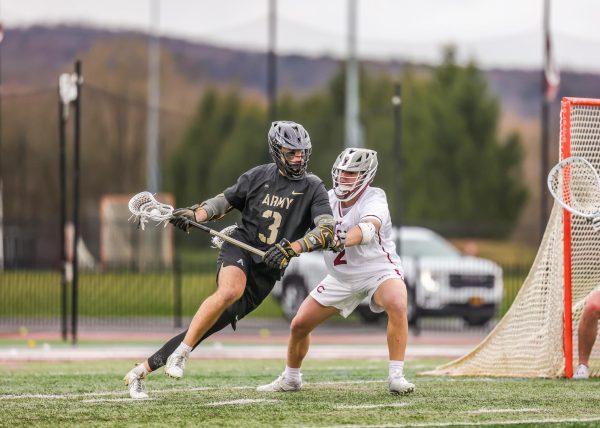Course Registration: New Course Offerings for Spring of 2020
Re-Remembering Stories of Growing Up
EDUC 440A MW 1:20 – 2:35
Every spring semester, the Department of Educational Studies offers “Special Topics” courses that are tailored by the interests and research of different members from the department. Visiting Assistant Professor of Educational Studies Sam Stiegler is interested in the ways adults recall experiences from growing up and why certain memories or “blips” in our timelines are often glossed over. The course delves into the nonlinear process of growing up and examines the detours which are often unaccounted for in an adult’s recollection of their past when looking backwards in time.
“It will examine how normative ideas about young people might actually tell us more about fears, hopes, anxieties and dreams of grown ups than about the lives and experiences of young people,” Stiegler said.
In an attempt to tackle these questions firsthand, the class will read critical theories considering diverse backgrounds of gender, race, sexuality, indigeneity and ability. Alongside reading novels and memoirs of childhood and youth, students will also get the chance to take on a mixture of academic and creative writing papers to explore these topics by themselves.
This class is open to students of any year upon completion of either EDUC 101 or FSEM 182: The American School. The course also counts towards the LGBTQ Studies minor and the Social Relations, Inst. & Agents area of inquiry requirement.
Rural Sexualities and Genders
LGBT 340A MW 1:20 – 2:35
Illustrations of queerness and LGBTQ culture, politics and communities are often painted with an urban backdrop despite the reality of the bigger picture. Often times people neglect to notice that rural LGBTQ communities exist and are advocating for change in unique and complex ways.
Assistant Professor of LGBTQ Studies Danny Barreto came up with the idea for this course at a rural pride event on a dairy farm in a town in Spain not unlike Hamilton. At this pride event, Barreto observed that LGBTQ politics were focused on economic, ecological and cultural sustainability more so than individual and identity rights.
“This course will draw on various theoretical, sociological, literary and cinematic works that engage with the challenges and complexities of being queer in rural spaces throughout the world, particularly when these are compounded by poverty, racism, the degradation of the environment and exploitation of natural resources,” Bareto said.
Students will take advantage of resources in central New York as they get opportunities to work with LGBTQ community groups, farmers and artisans. This class will shed a light on underrepresented narratives of sexuality and gender outside of the cityscape. It will draw connections to environmental justice, biodiversity and indigeneity and ultimately delve into the potential for new models and definitions of queerness that are decolonial and sustainable as opposed to typical consumerist and urban assumptions.
Relg, Othering, Violence Mid Age
RELG 250A TR 2:45 – 4:00
Our current world is plagued with the phenomenon of “othering,” which is defined as any action of alienating an individual or group based on perceived intrinsic differences. This concept is rooted in an era far preceding the twenty-first century. In the Middle Ages, a myriad of groups endured the oppressive hand of othering based on social status, race, sexuality and gender. This course deconstructs the role of religion mixed with regional practices and law in determining what was deemed otherness and perpetuating the culture of national and global violence and antagonism to the other.
“RELG250 dismantles the myth that othering is the scion of recent twenty-first century disputes and culture wars. Othering has evolved through the centuries, including the Middle Ages. Religiously-legitimated practices of Othering are particularly virulent, often designated as divinely sanctioned and consonant with sacred law or tradition, further fueling the flames of fear, persecution, and violence,” Professor of Philosophy and Religion Clarice Martin said.
Students will dissect readings such as David Nirenberg’s Communities of Violence: Persecution of Minorities in the Middle Ages, and Jeffrey Richards’ book, Sex, Dissidence and Damnation: Minority Groups in the Middle Ages to contrast politics and practices of Othering in the Middle Ages with similar versions in modernity.


